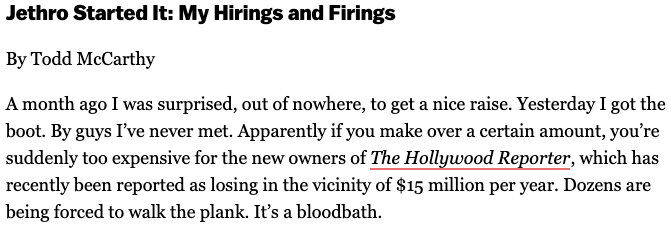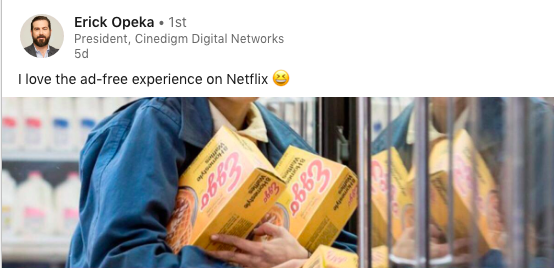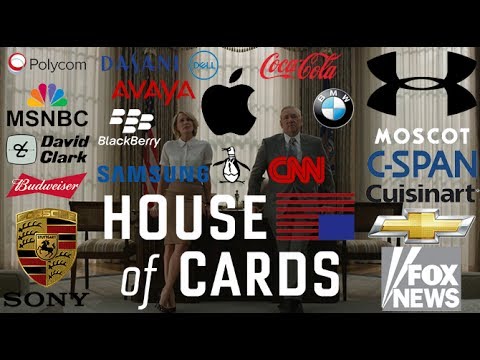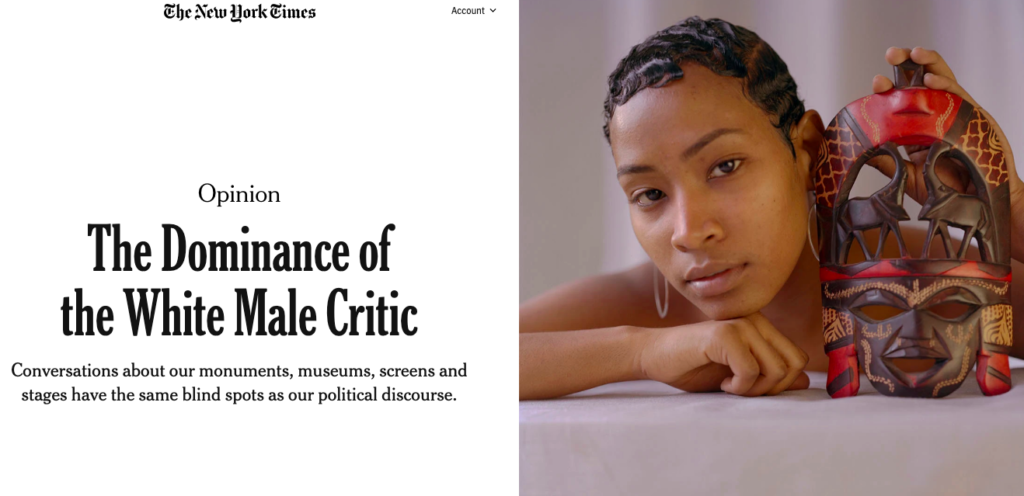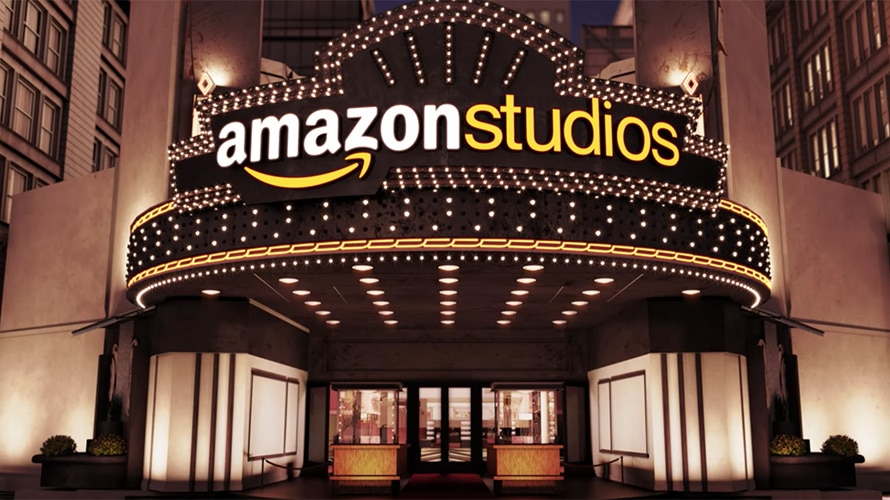
The big media news this week was that Amazon might buy AMC, but the problem was – no one was sure whether that meant AMC Theaters or AMC Networks. For an entire day, Wall Street and Hollywood were prognosticating on what it meant for Amazon to buy one of the biggest theater chains, and then…whoops, it might be that a reporter made a mistake on whether it was the stock ticker of AMC (theaters) or AMCX (Networks) about which they were reporting. (!!!) What’s even crazier is that both moves would make perfect sense, and that shows just how seismic are the potential changes coming to the media industry – neither case would be surprising, and we all expect deals like this to happen almost daily as the economy rearranges the business.
I’ve been predicting that Amazon or Netflix would buy one of the major chains for awhile now, and in that same linked post, I also predicted that IFC – which is part of the AMC Network – would be acquired soon, too – and that was BC. If you look back at what happened after the 1918 flu, it was a lot of consolidation, with the big studios getting bigger and the little guys disappearing. I suspect we’ll see the same as a result of this pandemic, and in addition to one or both of these AMC’s getting bought, I predict a lot more mergers and acquisitions soon.
Some of this will be bad for indies, and consumers, but when it comes to the situation in the world of theatrical, I can see some silver linings. The first reaction to any consolidation is negative, because it would mean Amazon (or some other conglomerate, but Amazon is the biggest one) would be swallowing another part of the world. But while I’m not usually an Amazon-apologist, I don’t think their taking over AMC Theaters would be half-bad, and it might even be good for both makers and consumers of film. Sounds crazy, I know, but bear with me.

